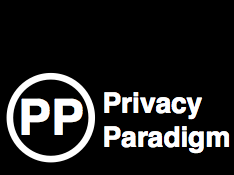Full Breach Damages in data protection cases – the impact of Vidal-Hall on Collins v FBD
 The Court of Appeal decision in Google Inc v Vidal-Hall [2015] EWCA Civ 311 (27 March 2015) (Dyson MR and Sharp LJ in a joint judgment; McFarlane LJ concurring), affirming the judgment of Tugendhat J (at [2014] EWHC 13 (QB) (16 January 2014)), is a very important decision on damages for invasion of privacy, and it raises significant questions about the correctness of of Feeney J’s reasoning in the earlier Irish case of Collins v FBD Insurance plc [2013] IEHC 137 (14 March 2013).
The Court of Appeal decision in Google Inc v Vidal-Hall [2015] EWCA Civ 311 (27 March 2015) (Dyson MR and Sharp LJ in a joint judgment; McFarlane LJ concurring), affirming the judgment of Tugendhat J (at [2014] EWHC 13 (QB) (16 January 2014)), is a very important decision on damages for invasion of privacy, and it raises significant questions about the correctness of of Feeney J’s reasoning in the earlier Irish case of Collins v FBD Insurance plc [2013] IEHC 137 (14 March 2013).
The three claimants alleged that the defendant had tracked and collated private information about the their internet usage via their Apple Safari browser without their knowledge and consent, contrary to the defendant’s publicly stated position that such activity could not be conducted for Safari users unless they had expressly allowed it to happen (much of the technical and regulatory background is set out here by Alexander Hanff; and Judith Vidal-Hall explains here and here how she came to take on the giant that is Google). The Court held that the claimants could maintain claims against the defendant, in tort for misuse of private information, and for compensation pursuant section 13 of the Data Protection Act, 1998.…





